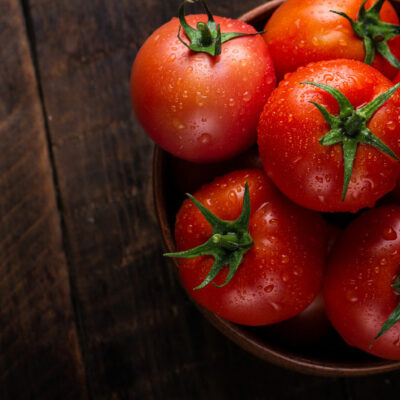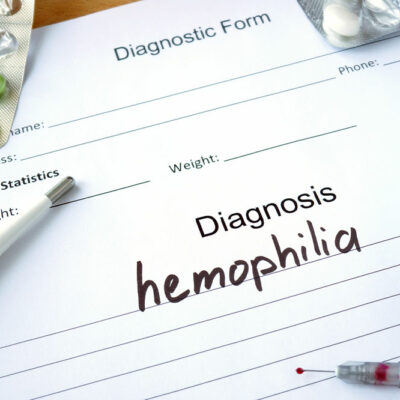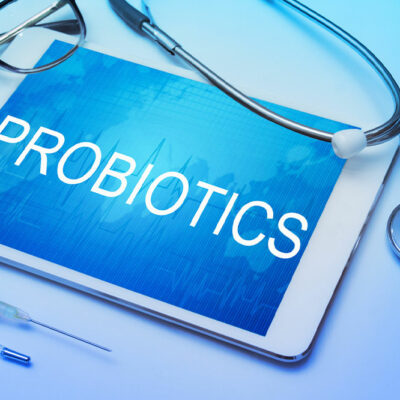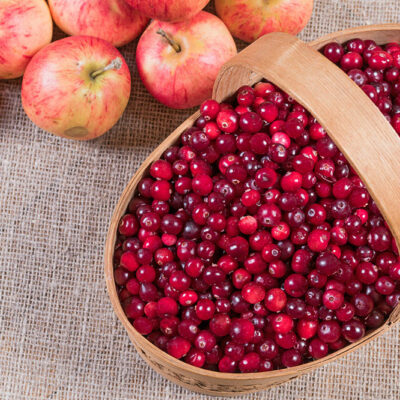
health
6 foods that help fight prostate cancer
Diagnosing and treating cancer can be a draining process. It becomes imperative for patients and their caretakers to ensure that patient is eating the right food. This provides the body with the necessary energy to fight the symptoms. It also helps the body to recover from the damage caused by the condition and treatment options employed to keep cancer under control. Therefore, the inclusion of foods with anticancerous properties becomes non-negotiable. Tomatoes Lycopene is an essential component that helps fight prostate cancer. This compound is found in abundant quantities in tomatoes. Aside from prostate cancer, lycopene also helps manage and prevent cancers of the lungs and stomach. Including meals rich in vegetable and fruit content as a staple can help combat numerous health concerns. Other foods that carry high amounts of lycopene include guava, papaya, and watermelon. Pectic has also been proven to decrease the number of cancer cells in the body by 40%. However, it should be noted that the compounds are more effective if taken in their natural form. Fiber-rich foods Studies in the past have suggested that Asian men are less prone to developing prostate cancer than Caucasian men. This difference can be attributed to the presence or lack of fiber in one’s meals.
Read More 








